|
What's the difference between mental health and mental illness? Sometimes the answer is clear, but often the distinction between mental health and mental illness isn't so obvious. For example, if you're afraid of giving a speech in public, does it mean you have a mental health condition or a run-of-the-mill case of nerves? Or, when does shyness become a case of social phobia?
Here's help understanding how mental health conditions are identified. Why is it so tough to tell what's normal? It's often difficult to distinguish normal mental health from mental illness because there's no easy test to show if something's wrong. Also, primary mental health conditions can be mimicked by physical disorders. Mental health conditions aren't due to a physical disorder and are diagnosed and treated based on signs and symptoms, as well as on how much the condition affects your daily life. For example, a mental health condition can affect your:
What is the Diagnostic and Statistical Manual of Mental Disorders (DSM)? The Diagnostic and Statistical Manual of Mental Disorders (DSM) is a guide published by the American Psychiatric Association that explains the signs and symptoms of several hundred mental health conditions. Mental health providers use the DSM to diagnose everything from anorexia to voyeurism and, if necessary, determine appropriate treatment. Health insurance companies also use the DSM to determine coverage and benefits and to reimburse mental health providers. How do mental health providers assess mental health conditions? To determine if you have a mental health condition, a mental health provider will work with you and your loved ones to assess your symptoms, including when they began and how they've affected your life. Your mental health provider is likely to ask about:
When is an evaluation or treatment needed? Each mental health condition has its own signs and symptoms. In general, however, professional help might be needed if you experience:
Many people who have mental health conditions consider their signs and symptoms a normal part of life or avoid treatment out of shame or fear. If you're concerned about your mental health, don't hesitate to seek advice. Consult your family doctor or make an appointment with a counsellor or psychologist (for a diagnosis). With appropriate support, you can identify mental health conditions and explore treatment options, such as medications or counselling.
0 Comments
Leave a Reply. |
Understanding Your Mental HealthThis is a compilation of a few articles outlining some of the most common mental health issues we come across. Topics |
Initiatives |
|

